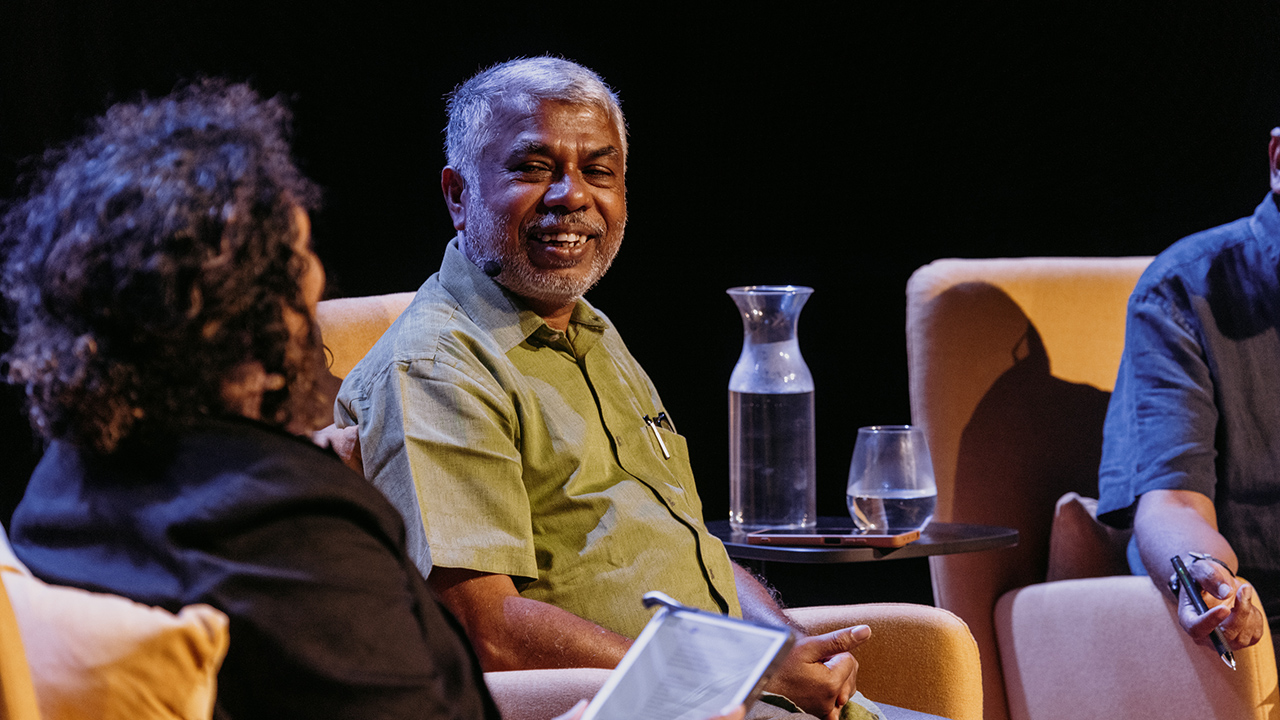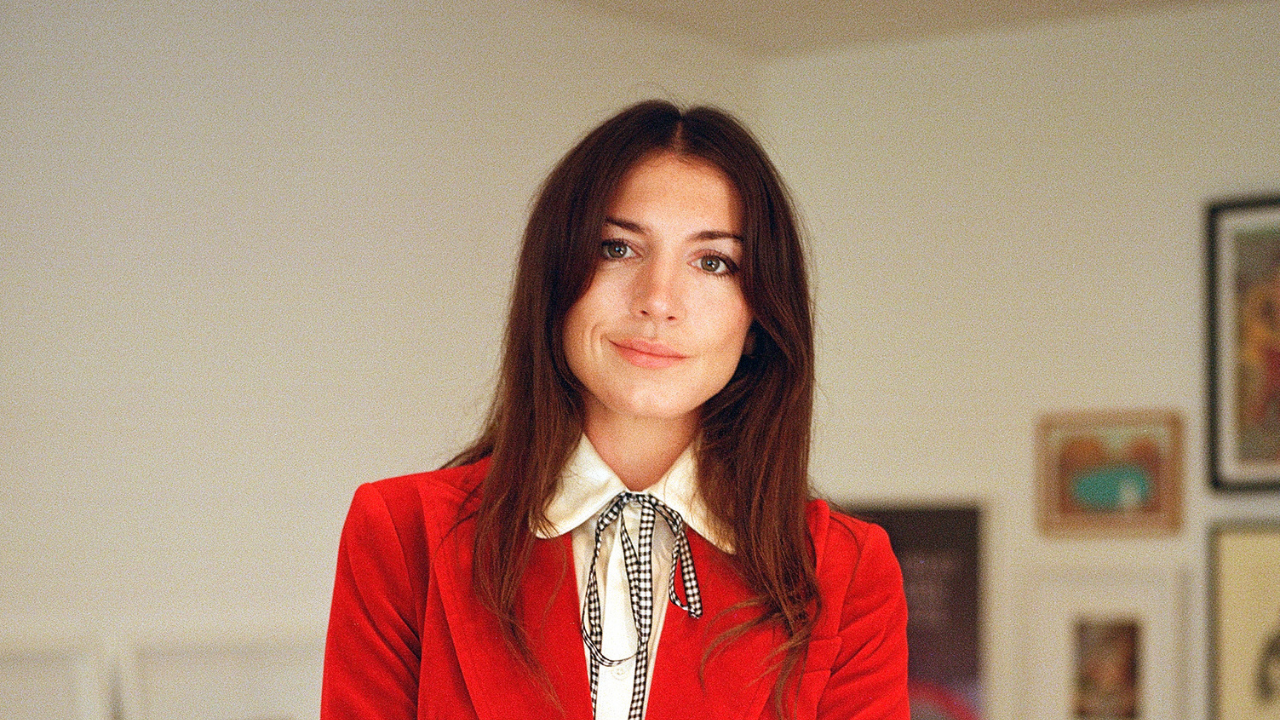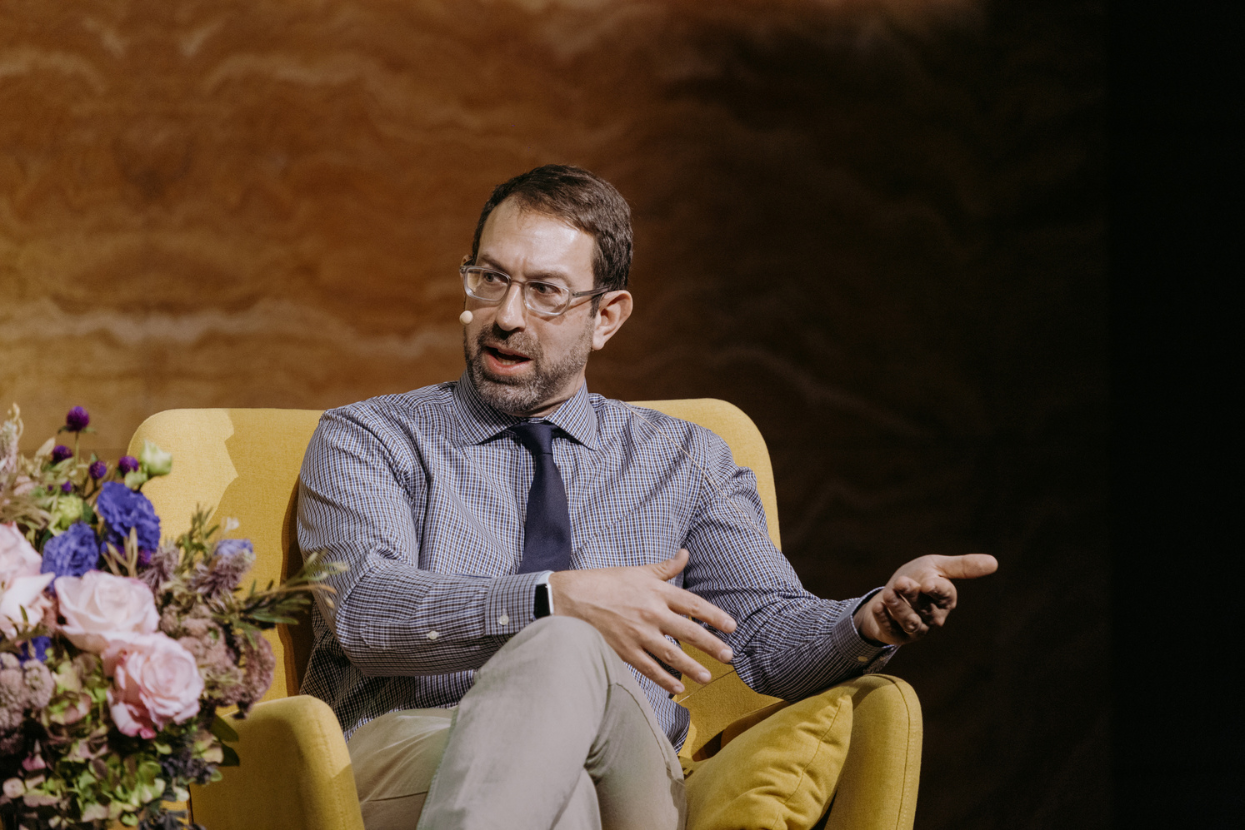The Gene Editing Revolution with Jennifer Doudna

I had been told that girls don’t do science. And fortunately, I ignored that.
An intrepid biochemist reckons with the monumental implications of her most provocative discovery to date: a deceptively simple, yet startlingly powerful method to rewrite the very blueprints of life. This isn’t just any scientific breakthrough, but a tool that promises unparalleled control over DNA – the core of existence – teetering on the brink between amazing potential and great danger.
This technique, known as CRISPR, emerged not as a quiet ripple in the scientific community, but as a tidal wave of concern among its very pioneers, reminiscent of the trepidation that shadowed the advent of the atomic bomb. In 2015, biochemist Jennifer Doudna stepped forward to issue a moratorium on using CRISPR for human embryonic edits that pass on to future generations. This revolutionary technology, lauded for its simplicity and efficacy, harbours the capacity to cure intractable diseases and could be the answer to famine. Yet, it brings with it the perilous possibility of irreversible genetic ripple effects and the contentious debate over the ethics of heritable changes in humans.
Presented by Sydney Opera House, BQI, Sydney Writers' Festival, and UNSW Sydney.
TICKETS & VENUE INFORMATION
Premium – $65
A Reserve – $55
B Reserve – $45
$8.95 booking fee applies per transaction. Children aged 15 years and under must be accompanied by an adult at all times.
This event will take place live at Concert Hall, Sydney Opera House. Please note this is a live event only, and will not be available via livestream.
ACCESS
Wheelchair Access
Visitors and patrons arriving by taxis and private vehicles will be directed to the designated taxi rank on Macquarie Street, past the Wilson’s Carpark entrance. More information on mobility services can be found here.
Assisted Listening
A hearing loop is available in 80% of the Concert Hall, Sydney Opera House. To receive the signal directly a patron can switch their hearing aid or cochlear implant processor to the T Switch, or Telecoil position. For more information head here.
Contact
To book and discuss access services, please call the Box Office at the Sydney Opera House on 02 9250 7777 or email bookings@sydneyoperahouse.com.
PUBLIC TRANSPORT & PARKING
The Sydney Opera House is a six-minute walk to Circular Quay which is regularly served by public buses, trains and ferries to Circular Quay. For more information call the Transport infoline on 131 500 or visit transportnsw.info.
Wilson Parking’s Sydney Opera House Car Park is open 24 hours, seven days a week, and has undercover access to the Sydney Opera House Lower Concourse. Car spaces on level six also have direct wheelchair access to lifts. This car park is located underneath the building with access via 2 Macquarie Street (northern end).
Wilson Parking offers prepaid discounted parking via their online booking system, Book A Bay. For more information head here.
CONTACT
Sydney Opera House
For all event enquiries, please call the Box Office at the Sydney Opera House on 02 9250 7777 or email bookings@sydneyoperahouse.com.
UNSW Centre for Ideas
For all the other enquiries, please call the Centre for Ideas on 02 9065 0485 or email centreforideas@unsw.edu.au.
National Relay Service
The UNSW Centre for Ideas and Sydney Opera House are happy to receive phone calls via the National Relay Service. TTY users, phone 133 677, then ask for the applicable organisations phone number (listed above). Speak and Listen users, phone 1300 555 727 then ask for applicable organisations phone number (listed above). For more information on all other relay calls visit here.
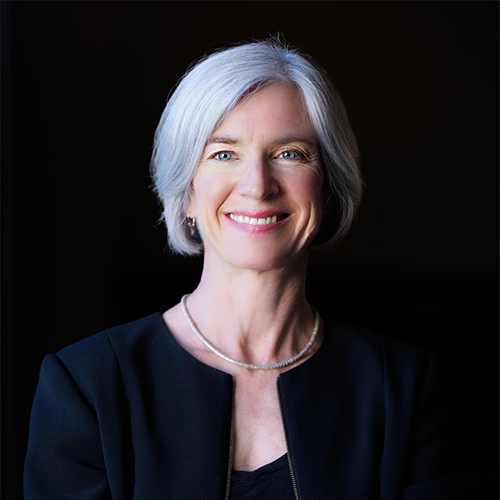
Jennifer Doudna
Founder & Chair of the IGI Governance BoardDr Jennifer A. Doudna is the Li Ka Shing Chancellor’s Chair and a Professor in the Departments of Chemistry and of Molecular and Cell Biology at the University of California, Berkeley. Her groundbreaking development of CRISPR-Cas9 as a genome-engineering technology, with collaborator Emmanuelle Charpentier, earned the two the 2020 Nobel Prize in Chemistry and forever changed the course of human and agricultural genomics research.
This powerful technology enables scientists to change DNA – the code of life – with a precision only dreamed of just a few years ago. Labs worldwide have re-directed the course of their research programs to incorporate this new tool, creating a CRISPR revolution with huge implications across biology and medicine.
In addition to her scientific achievements, Doudna is a leader in public discussion of the ethical implications of genome editing for human biology and societies, and advocates for thoughtful approaches to the development of policies around the safe use of CRISPR technology.
Doudna is an investigator with the Howard Hughes Medical Institute, senior investigator at Gladstone Institutes, and the founder of the Innovative Genomics Institute. She co-founded and serves on the advisory panel of several companies that use CRISPR technology in unique ways.
She is a member of the National Academy of Sciences, the National Academy of Medicine, the National Academy of Inventors, and the American Academy of Arts and Sciences. Doudna is also a Foreign Member of the Royal Society, a member of the Pontifical Academy of Sciences, and has received numerous other honours including the Breakthrough Prize in Life Sciences (2015), the Japan Prize (2016), Kavli Prize (2018), the LUI Che Woo Welfare Betterment Prize (2019), and the Wolf Prize in Medicine (2020). Doudna’s work led TIME to recognize her as one of the “100 Most Influential People” in 2015 and a runner-up for “Person of the Year” in 2016. She is the co-author of A Crack in Creation, a personal account of her research and the societal and ethical implications of gene editing.
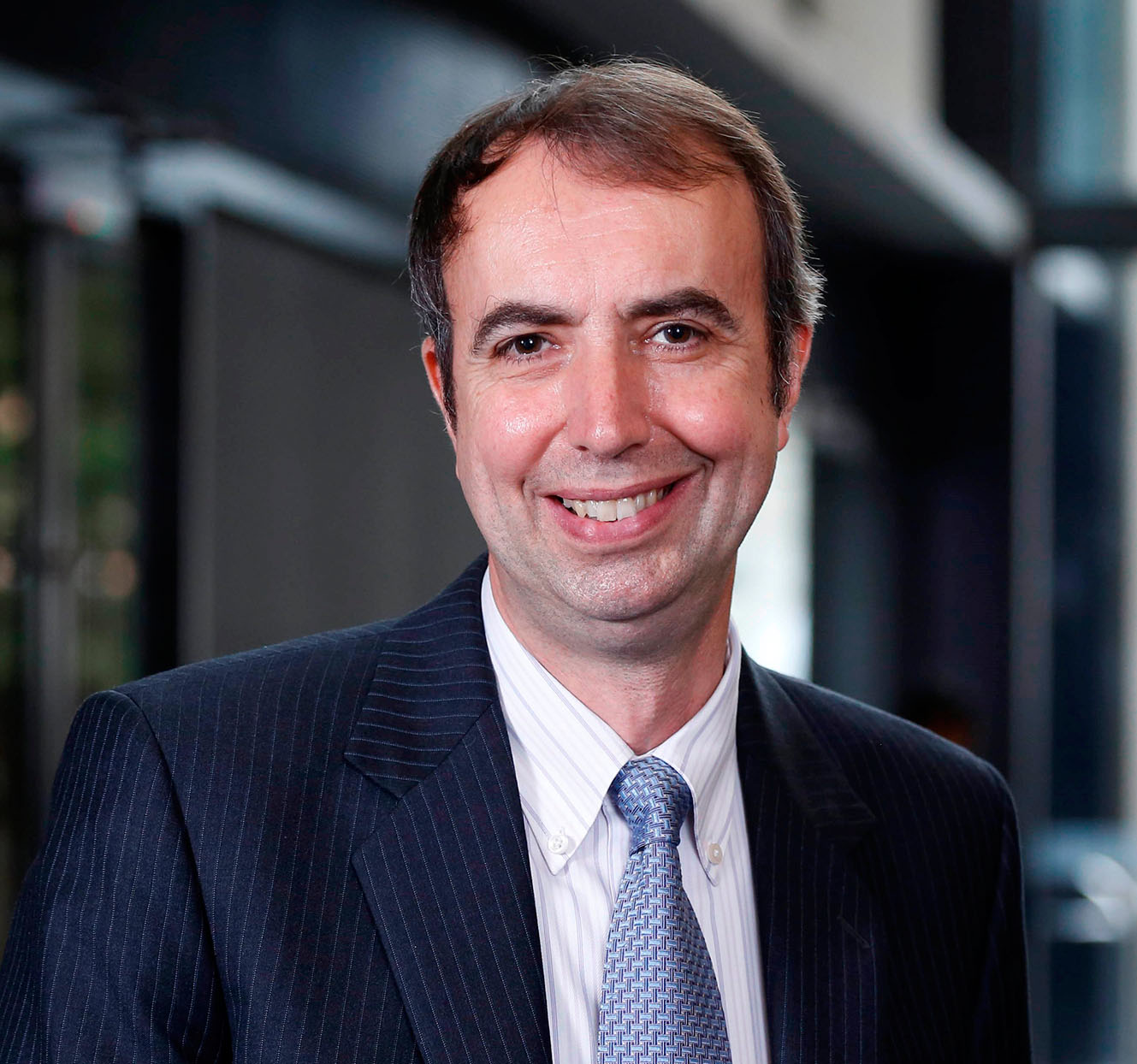
Professor Merlin Crossley (Introduction)
Merlin Crossley is Deputy Vice-Chancellor (Academic Quality) at UNSW Sydney and a Professor of Molecular Biology. He has experience leading both Education and Research portfolios, served as Dean of Science and in several Deputy Vice-Chancellor roles at UNSW. He is an enthusiastic science communicator, Chair of the Editorial Board of The Conversation, of UNSW Press, Deputy Director of the Australian Science Media Centre, a member of the Editorial Board of BioEssays, and an Honorary Associate of the Australian Museum. His lab works on CRISPR gene editing to treat inherited blood disorders. He has been recognized by multiple awards, including a Rhodes Scholarship, the 2020 NSW Premier’s Award for Medical Biological Science, the 2021 Lemberg Medal from the Australian Society for Biochemistry and Molecular Biology. In 2021 a new species of iridescent butterfly bobtail squid was named in his honour – Iridoteuthis merlini – Merlin’s bobtail squid.

